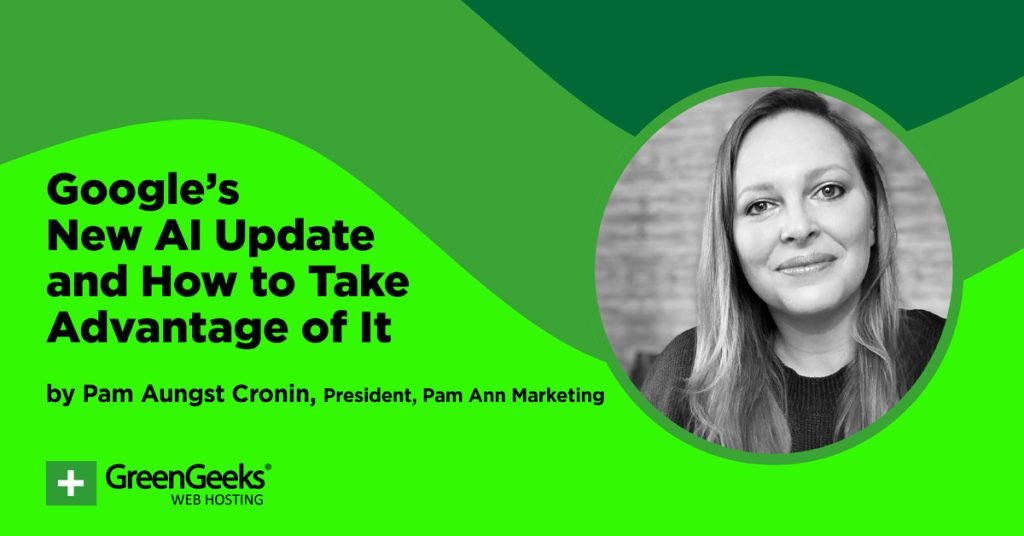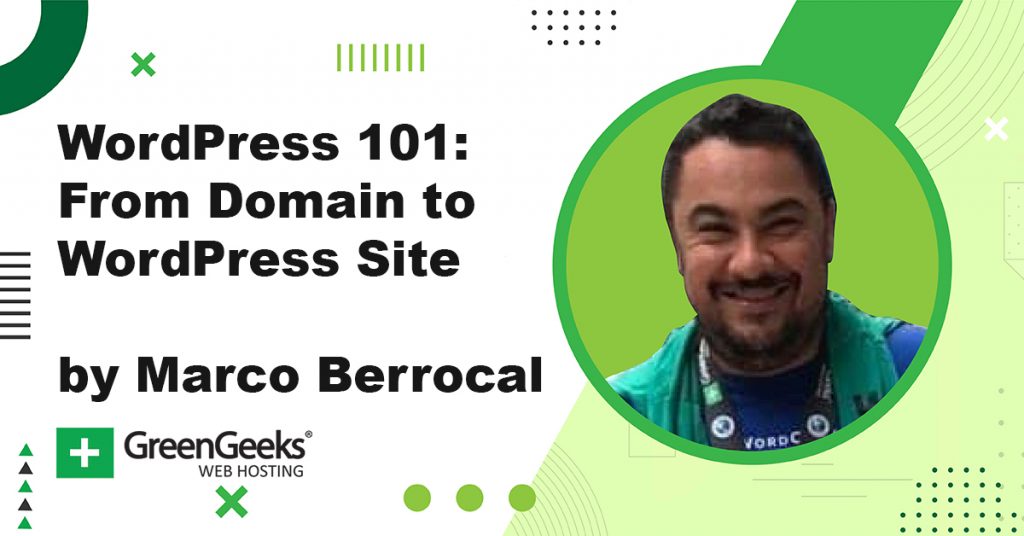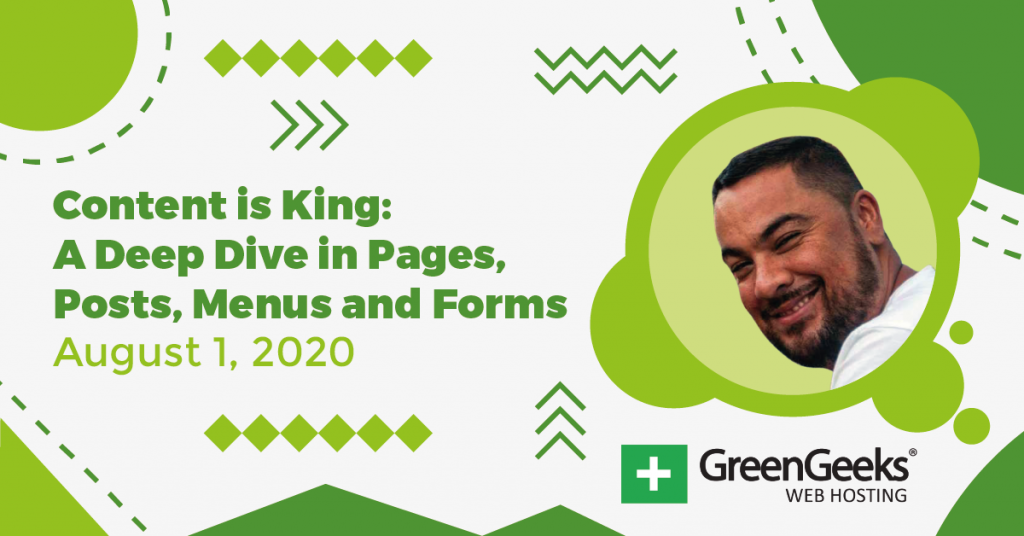Without knowing it, AI has become a regular part of our daily lives, from filtering spam in your email to suggesting music and streaming shows. On May 14, 2024, an AI update by Google integrated into their search engine was introduced to everyone in the US.
But how does this impact your website’s SEO?
In this webinar, we’ll provide a realistic view of the AI update by Google and how it could affect your business. Pam Aungst Cronin, President of Pam Ann Marketing and an expert in SEO, PPC, and analytics, will share valuable insights on what to expect moving forward.
AI Overviews: The New AI Update of Google
Google has introduced a new AI feature called “AI Overviews,” similar to ChatGPT. It appears in search results to give quick, summarized answers at the top of the page.
These AI-generated summaries are designed to handle more complex questions that would usually need multiple searches to answer.
In the webinar, Pam pointed out that this feature isn’t killing search engines but is instead evolving them by integrating AI. She adds that while some feared it would reduce website traffic, it actually gives optimized websites a chance to rank higher.
AI Overviews vs. Featured Snippets
Pam also mentioned the difference between the AI Overviews and Featured Snippets. According to her, they both provide quick answers in Google searches, but they work in different ways.
AI Overviews use a large language model (LLM) to summarize data from various places, making them more dynamic. They can show multiple summaries for complex questions.
Featured Snippets, however, usually give a simple, clear answer from a single, trusted source, often in the form of a short paragraph or list.
Overall, the user experience with each is different. AI Overviews make searches more interactive by offering diverse insights. On the other hand, Featured Snippets are more static, focusing only on providing a direct answer to the query.
SEO is Not Dead
Even though AI is becoming more important in search, SEO is far from dead. And this is highlighted by Pam several times in the webinar.
While AI is changing how search engines work, it doesn’t mean traditional SEO is disappearing. Instead, it’s evolving. Pam believes that we are now moving towards “AI Optimization,” where understanding how AI ranks content is just as important as optimizing for search engines.
And on a business standpoint, Pam believes that Google won’t allow search engines to just die, since they still rely heavily on search to generate profit. In 2023 alone, search advertising brought in $175 billion for Google, showing how critical it is to their business.
The core SEO principles will still play a big role in how websites are ranked as AI continues to grow in search.
Optimizing for the Future
To succeed with SEO in the AI era, it’s crucial to understand how systems like Google’s AI Overviews choose content.
The first thing you need to do is to focus on creating high-quality content. AI looks for clear, well-researched information. So it’s important to structure your content with short, direct answers at the top. This makes it easier for AI to pick up relevant information and increases the chances of your content being featured in these summaries.
Having a well-organized content structure is also key. Using clear headings and starting with simple points, followed by more detailed explanations, helps both readers and AI understand your content better.
Final Thoughts on Google’s AI Update
Overall, Pam encouraged users not to fear AI’s impact but to embrace it as part of the evolving SEO landscape. She further emphasized the importance of continuing to create high-quality, experience-driven content to succeed in this new environment.
As AI continues to shape the way people search online, it’s important to stay informed. Google’s AI Overviews and other AI-driven features are still evolving, so businesses need to keep up with these changes. By staying updated on industry trends, you can adjust your content strategy accordingly to stay competitive.



